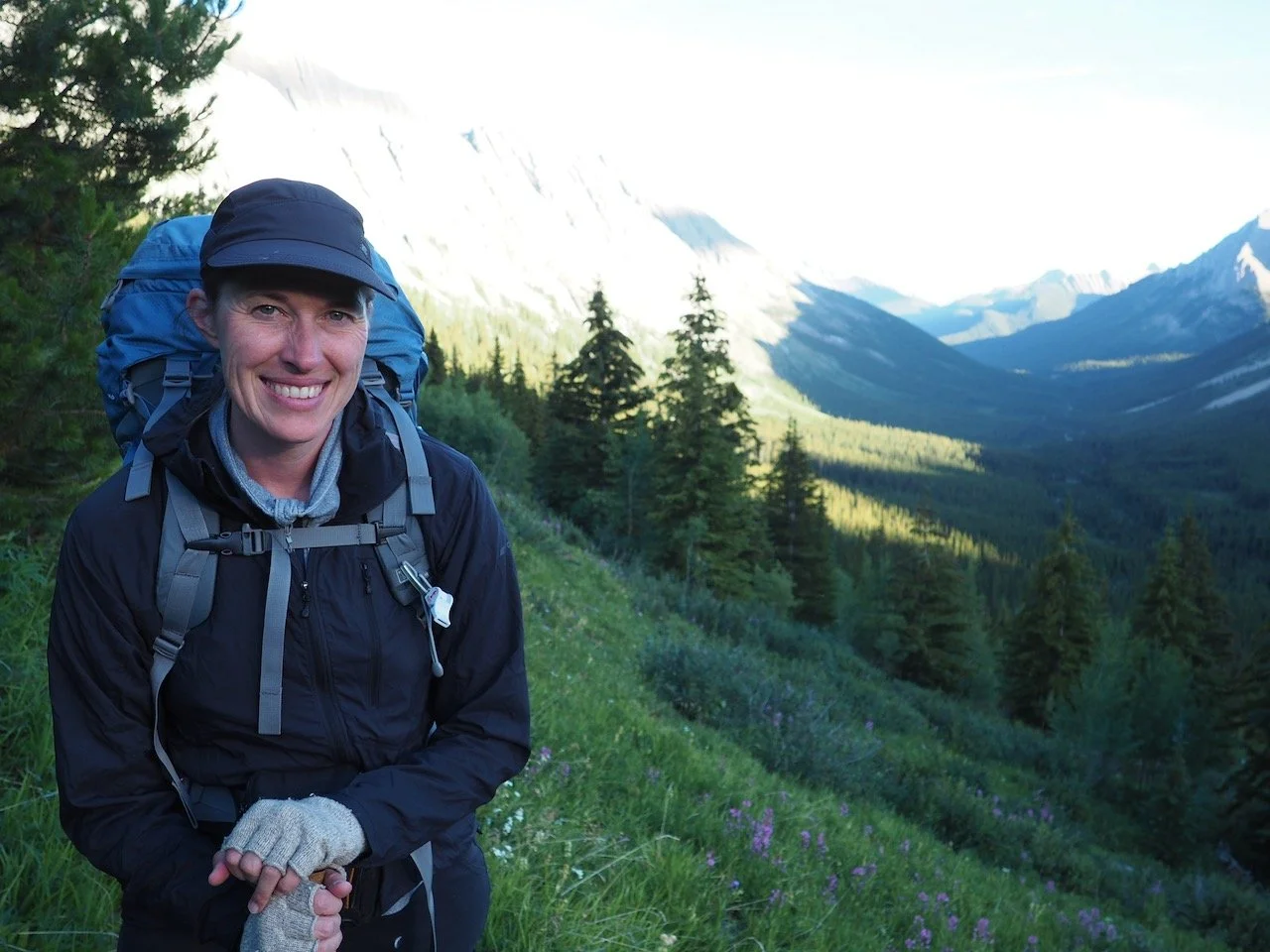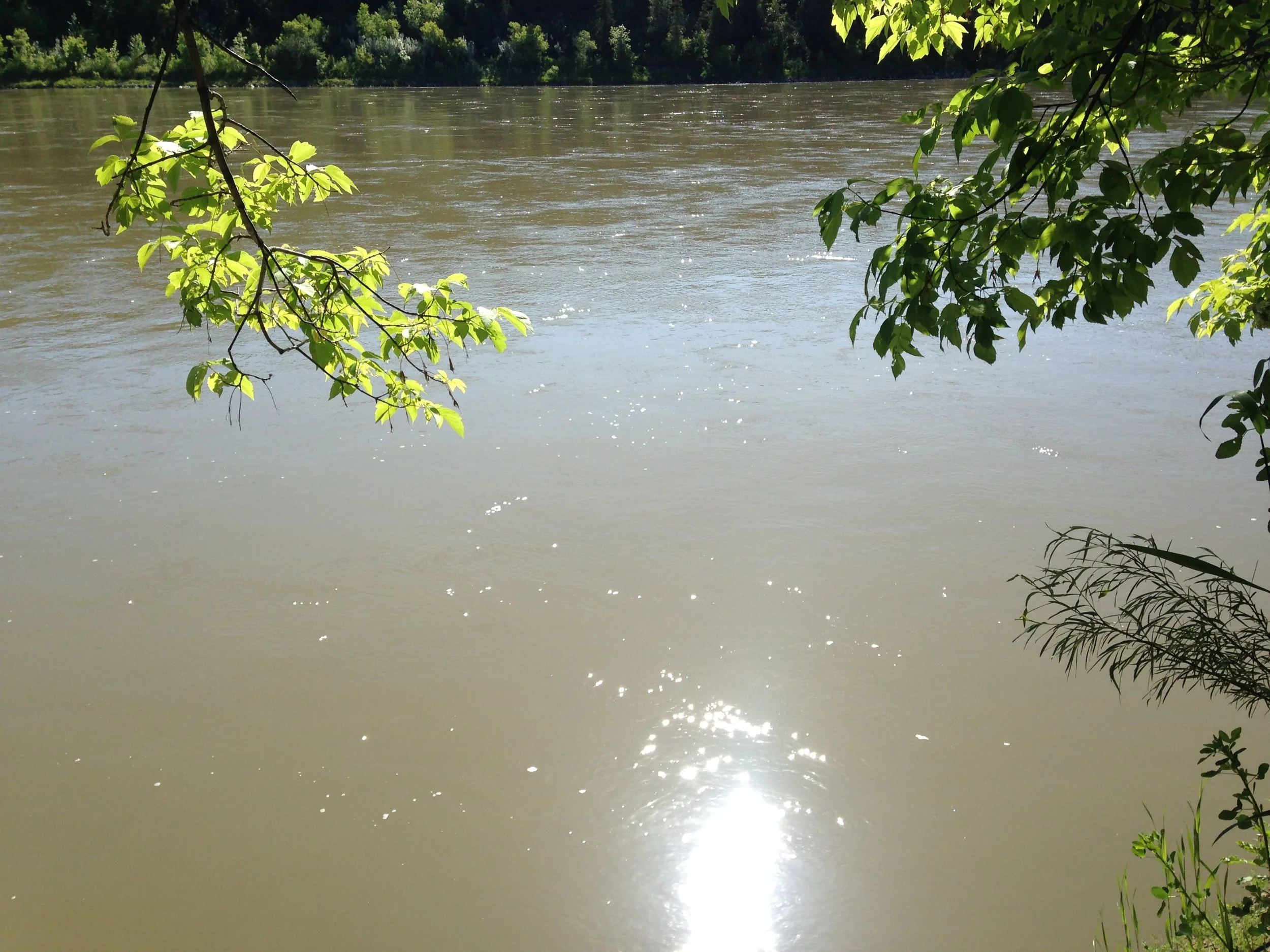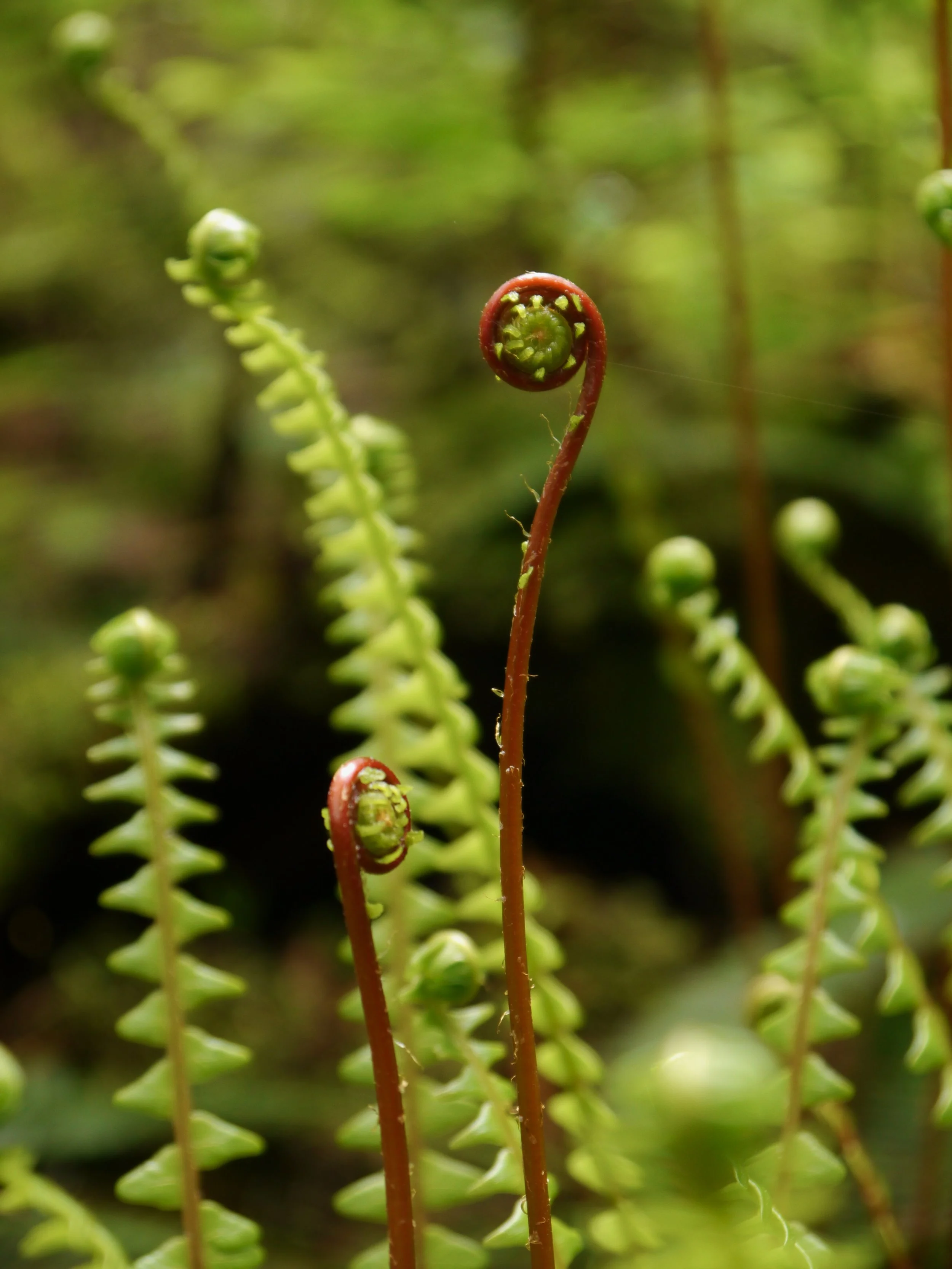About Margaret
I am an author of poetry and memoir, a hiking guide, and an independent scholar—a teacher and ever lifelong learner—based in Chuwapchipchiyan Kudi Bi (Canmore, Alberta), in Treaty 7 territory.
Since I was a young child, I have felt more myself, more alive in wild spaces. This connection—to rivers and oceans, to mountains, ravens and prairie grasses—is a persistent root that anchors my writing, teaching, guiding, and academic research.
I have been lucky to learn from Mi’kmaw, Cree, Anishinaabe, Upper Skagit and Blackfoot teachers and to sometimes be welcomed into ceremony. These experiences inform all that I know and do. I’ve learned that acknowledging ancestors is important and that my Irish ancestors are the bossiest.
I once heard Mi’kmaw Elder and hereditary Chief Stephen Augustine call for all us in Canada to look to land as both mother and government and wondered, What kind of listening would this entail? Through PhD research at the University of British Columbia, I sought to explore what such a relationship might feel like in my body, what the seeking could teach me about reconciliation, and how writing this journey in poetry and story would transform me.
I learned that relationships, truth, and listening grow from an open heart that has confronted its traumas and that the land can anchor and hold us. Kinship is about fostering relationships and claiming our reciprocal responsibilities; how do we offer our unique gifts to care for all that which sustains us?
There are many questions I don’t have answers to. But I am certain, as a settler person inhabiting Indigenous territories, that connecting with our more-than-human kin can give us strength to do hard work and that deep listening can guide us.
My work is in writing and teaching. I am an author of memoir and poetry. My poetry is featured in literary journals, including Newfoundland Quarterly and The Prairie Journal.
My academic research centres on lifewriting (land-based métissage) and poetic inquiry and I am the co-editor of Language, Land and Belonging: Poetic Inquiries (Vernon Press, 2023), a collection of poems of and essays through which authors explore relational repair.
I have been an outdoor educator for children and adults for over 30 years. I am keenly interested in supporting others to connect with and learn about land, foster heart-based relationships, and lean into their creativity. I love walking in the mountains, with others and alone, and adore sneaking off when I can on 10-day backpacking trips with my partner.
Certifications:
Forest and Nature Therapy Guide (ANFT)
Professional Hiking Guide (IGA)
40-hr Advanced Wilderness First Aid




